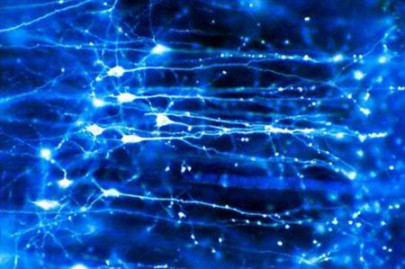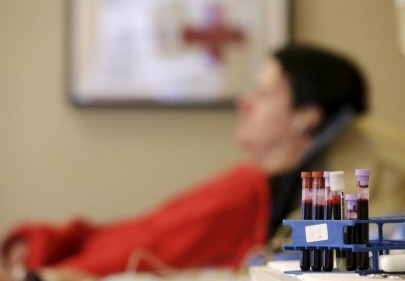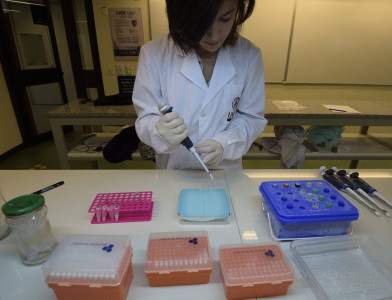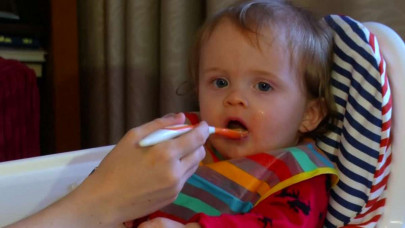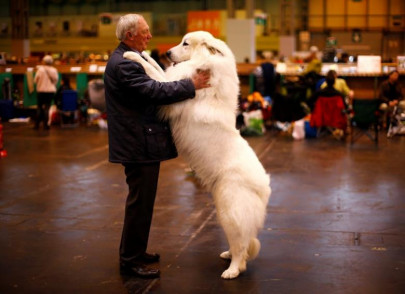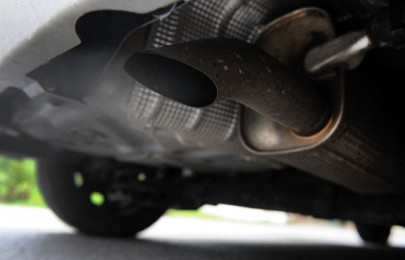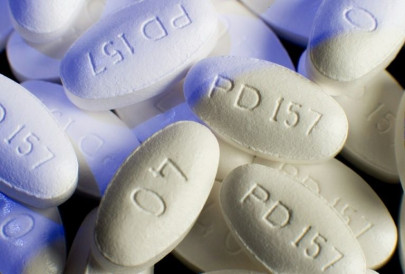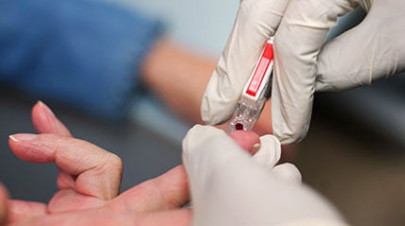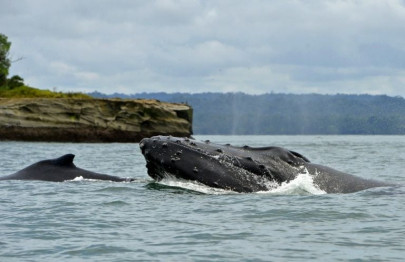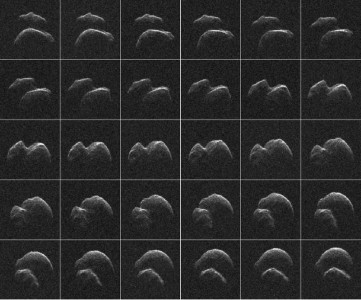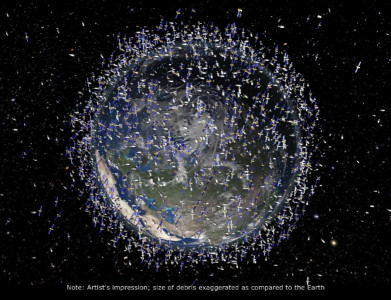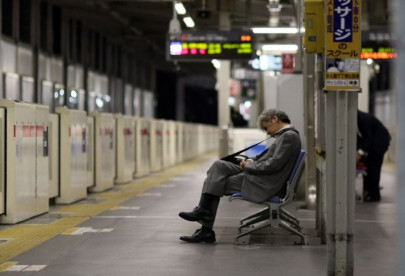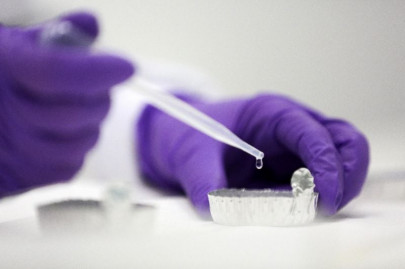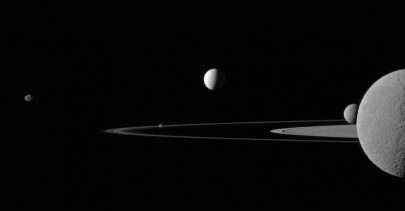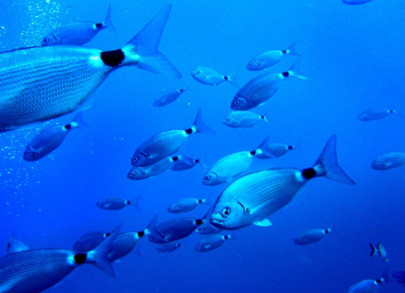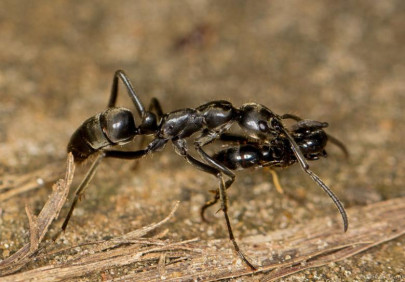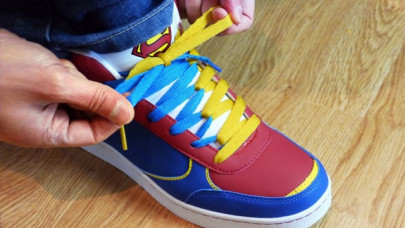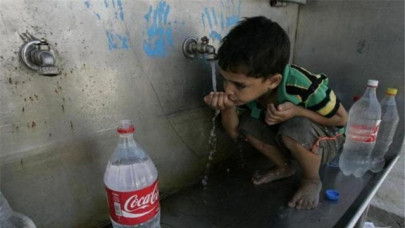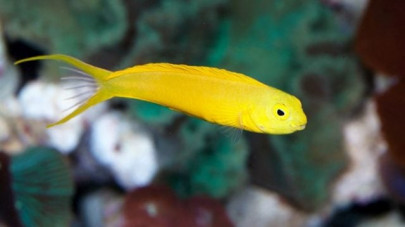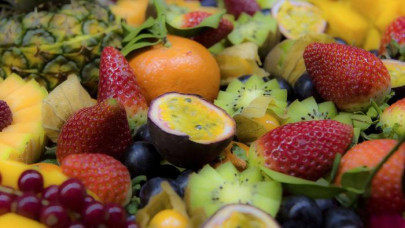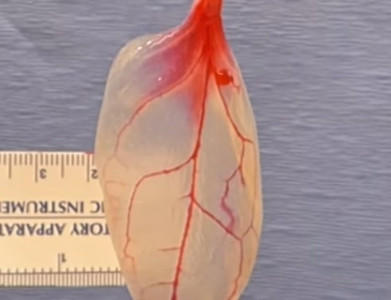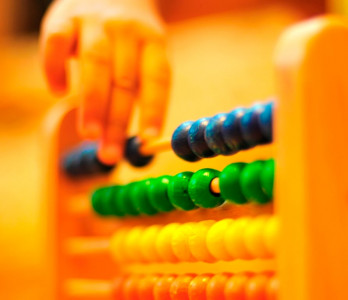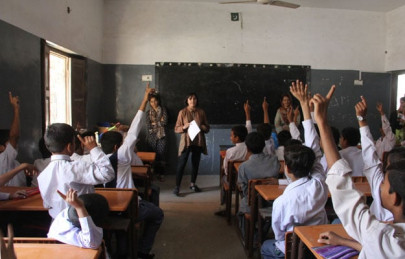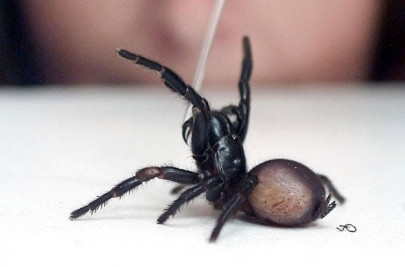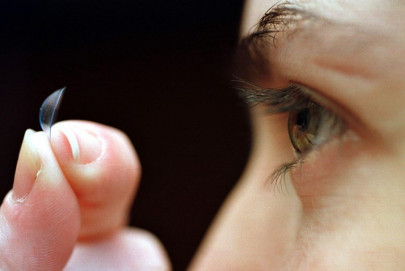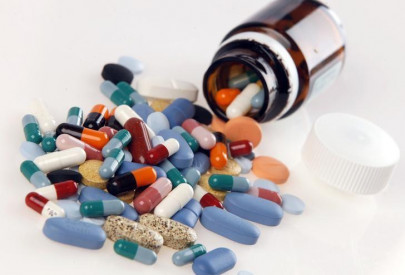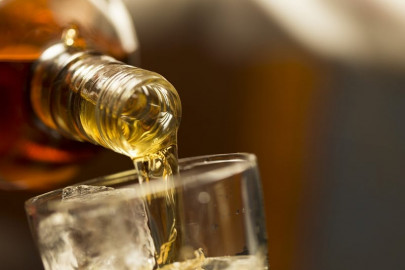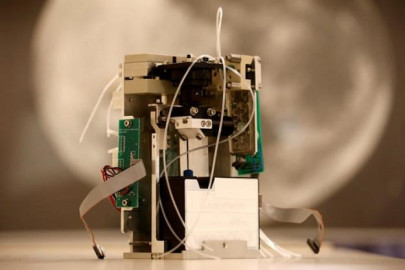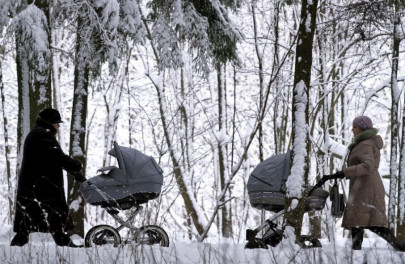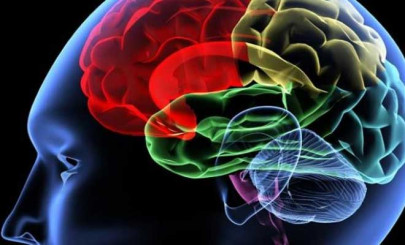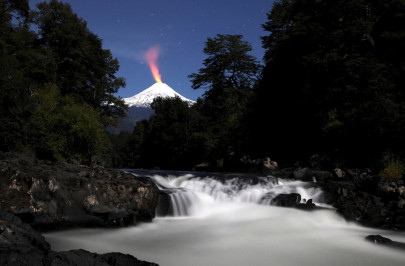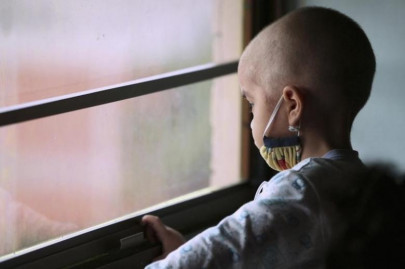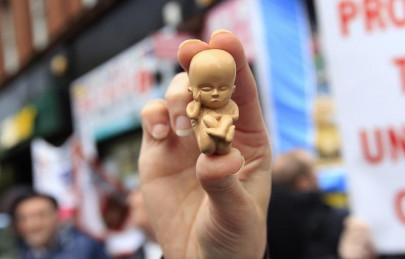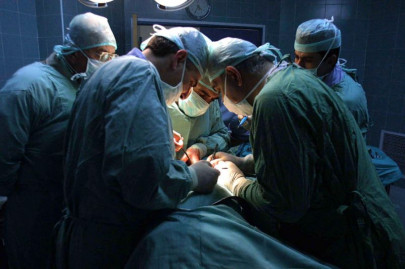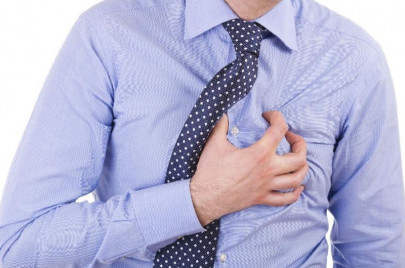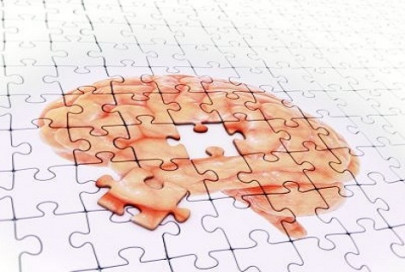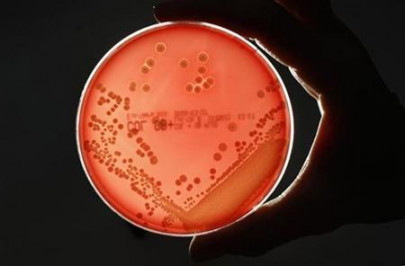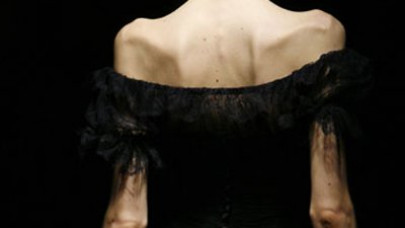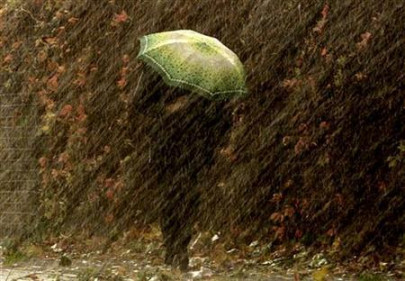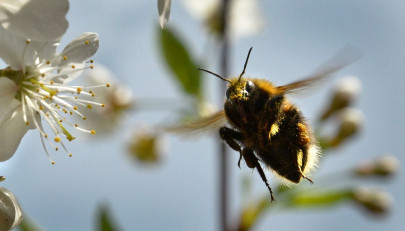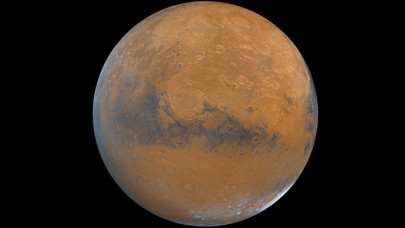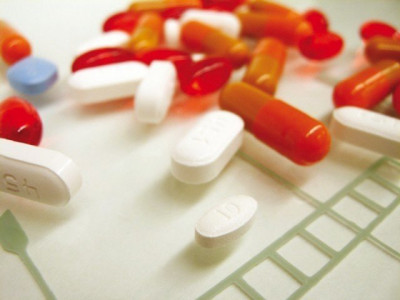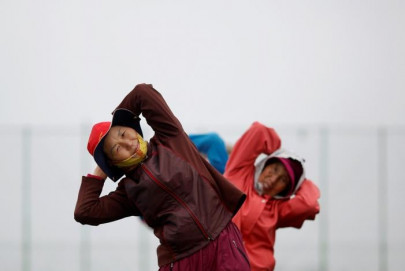Science
More News
-
'Brain starts to eat itself after sleep deprivation'
Feeling exhausted can directly be linked to lack of brain capacity, says a new study
-
Researchers find strong link between high platelets count and cancer
Researchers noted cancer to be more common in those who have the condition for a long time
-
Good-looking scientists perceived as 'less able': study
Study also found that people are more interested in learning about the work of attractive scientists
-
Fruit juices for babies are not as 'healthy' as parents may think
Pediatrics advise eliminating fruit juices from a child's diet in first year
-
Dogs can talk to humans, study reveals
Volunteers were asked to rate sounds based on 5 emotional stages: aggression, fear, despair, happiness and playfulness
-
'Excess' car pollution killed 38,000 in 2015: study
Researchers calculated that diesel NOx pollution will cause more than 183,000 premature deaths per year by 2040
-
Statins don't cause muscle pain: study
Only when patients were told they were taking a statin that people started complaining of muscle ailments
-
Scientists engineer a blood test to detect cancer relapse
'We can identify patients to treat even if they have no clinical signs of disease'
-
Baby whales 'whisper' to mothers to avoid predators: study
Whales are known for their loud calls, congregating fellow members of the pod
-
Close call: When asteroids whisk past Earth
Many sizeable asteroids have crashed into Earth or exploded in our atmosphere, leaving behind massive craters
-
Space debris problem getting worse, say scientists
Experts pointed to two once-pristine sites that have become worryingly cluttered since the space age dawned in 1957
-
Death by overwork: Japan's 100-hour overtime cap sparks anger
Currently, Japanese firms can make full-time employees work far beyond the usual 40 hours a week during busy periods
-
Wearable sweat sensor could help diagnose disease
More research is needed to see if the wearable sweat sensor would work consistently from one day to the next
-
Saturn moon has necessary conditions to harbour life: NASA
An ice-encrusted moon orbiting Saturn appears to have the conditions necessary for life
-
US scientists track fish migration using DNA in water samples
The inexpensive technique can have broad applications in monitoring and protecting aquatic life
-
Ants march into battle and rescue their wounded comrades
Nearly all the rescued ants participated in subsequent raids
-
Science reveals why our shoelaces come undone
Millions of shoelaces surely come unfurled every day, yet the mechanics of that process had never been examined
-
You can now turn seawater into drinking water
Groundbreaking research could help reduce the huge cost of desalination
-
Venom of tiny fish could lead to new pain treatments
Experiments using lab mice found the rodents showed no sign of pain once injected with the fish venom
-
Fruit fuelled evolution of a bigger brain: study
Foods such as fruit contain more energy than basic sources like leaves
-
Scientists convert spinach leaves into human heart tissue — that beats
The leaf vascular structure was seeded with heart muscle cells
-
Four-day conference: Integrating maths, science and technology in education
Experts discuss possibilities of revamping Pakistan’s education system.
-
Students learn to love science through interactive learning
Alif Ailaan organises learning via science experiments session for govt school kids
-
Spider venom may offer hope to stroke victims: scientists
Strokes claim six million lives worldwide each year, and five million survivors are left with a permanent disability
-
Scientists may have found a way to fight blindness in young people
The trial will enroll at least 24 more patients to find success-ratio of the technique
-
New cholesterol drug cuts heart attack, stroke risk more than 20%
Repatha cut the combined risk of heart attacks, strokes and heart-related death by 20 per cent
-
Worried about growing old? Studies show you probably shouldn't be!
In many cases human beings peak at different activities during middle and old age.
-
Can smartphones decrease the use of drugs?
Researchers suggest “the possibility is worth exploring”
-
Drug against alcoholism works, researchers claim
French researchers provided fresh evidence to support claims that a drug touted as a miracle cure for alcoholism
-
Miniature lab begins science experiments in outer space
A tiny satellite with a laboratory shrunk to the size of a tissue box is helping scientists carry out experiments
-
Parenthood linked to longer life: study
The study merely pointed out a correlation
-
Mutual cooperation: Lahore to become science city
MoU is signed by PITB chairman and Mayor of Austin to establish Lahore and Austin as science cities
-
Technological advancements may destroy human race, warns Stephen Hawking
'Technology has advanced at such a pace that aggression may destroy us by nuclear or biological war' says Hawking
-
Playing violent video games doesn't make you aggressive, study finds
Research deflates myths proposing a link between anti-social behaviour with violent video games
-
Eight personality traits that indicate intelligence
It may hard to recognise true geniuses but there are some personality traits that may indicate genuine intelligence
-
Scientists debate the origin of water on Earth
Water could be found as deep as 400-600 kilometres under surface of Earth
-
Swift childhood cancer deaths more common than thought: study
The SEER database showed that 6.2 per cent of children with acute myeloid leukemia died early
-
Scientists create first artificial mouse 'embryo' from stem cells
Scientists created a structure that resembles a mouse embryo using a 3D scaffold and two types of stem cells
-
New advance could boost available organs for transplant
On average, 22 people die every day while waiting for an organ
-
Doctor may be neglecting warning signs leading to heart attacks, research
The professor said that failure to detect warning signs is concerning
-
Too much sleep may be symptom of dementia, researchers say
Results suggest being highly educated may protect against dementia in presence of long sleep duration
-
WHO says new drugs urgently needed to fight 12 'priority pathogens'
The WHO has previously warned that many antibiotics could become redundant this century
-
Telling the stories of science
Whether or not we like it, the burden lies on scientists to cast a spell on their audience
-
Scientists test deep brain stimulation as potential anorexia therapy
Anorexia is a serious eating disorder that affects around 0.5 per cent of people worldwide
-
Depression top cause of disability, strikes young and old: WHO
Depression is 1.5 times more common among women than men, he said
-
Bees can learn to roll a ball for food: study
The bees learned most efficiently from watching other bees, it turned out
-
Scientists turn to Chile's Atacama desert to study life on Mars
Scientists are currently investigating if organisms could adapt to levels of ultraviolet radiation
-
'Science can now remove depressing memories from mind'
'We can erase a fearful memory in mice, suggesting in people there might be a way too' says professor
-
Off-label antidepressant use not backed by science: study
The study shows that more research is urgently needed on the prevalence and impact of off-label medications
-
Life expectancy study shows many likely to live beyond 90 by 2030
According to a large international study, policymakers need to make more efforts to plan for it

